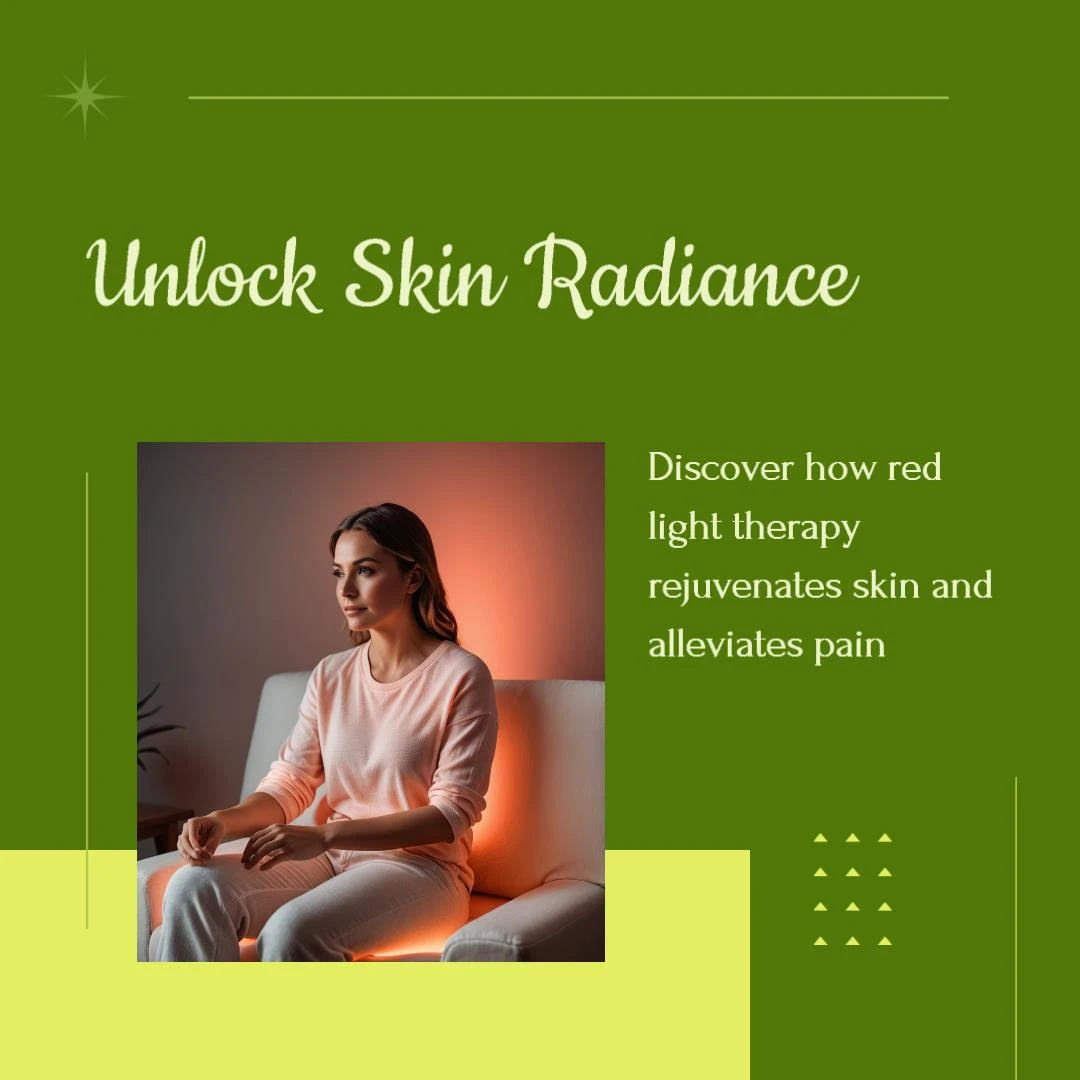Authored by Terrence Shenfield MS, RRT-ACCS, RPFT, NPS, AE-C
Getting a good night’s sleep is not just about feeling rested; it’s essential for your overall health and well-being. Poor sleep can lead to various health issues, from cognitive impairment to a weakened immune system. But achieving restful sleep doesn't always need prescription medications. The science of natural sleep science offers powerful alternatives that are effective, sustainable, and safe.
This blog dives into the science of natural sleep science and shares sleep improvement tips backed by research. Learn how you can achieve your sleep goals through effective sleep solutions and natural sleep aids that promote better sleep health.
Why Quality Sleep Matters
A good night’s sleep plays a critical role in maintaining physical and mental health. During sleep, the body engages in essential repair processes, from restoring muscle tissue to consolidating memories and balancing hormones like cortisol. Yet, countless people struggle to unlock these benefits due to sleep disorders or poor habits.
According to the CDC, one in three Americans doesn’t get enough sleep regularly, putting them at risk for chronic conditions like heart disease, diabetes, and depression. Thankfully, natural sleep solutions can address these problems by promoting restorative sleep without the potential side effects of medication. To explore more about managing sleep naturally, visit ATECAM’s Sleep Health Resources.
The Science Behind Natural Sleep Solutions
1. Understanding Circadian Rhythms
Your circadian rhythm works like an internal clock, dictating when you feel awake or tired. Disruptions to your circadian rhythm, such as late-night screen usage or irregular sleep schedules, can lead to insomnia or fragmented rest. Strategies like consistent sleep times and exposure to natural sunlight can reset this internal clock.
2. The Role of Melatonin
Melatonin is a sleep hormone that signals to your body when it’s time to wind down. Many natural sleep aids like melatonin supplements help individuals who struggle with jet lag or irregular schedules. While melatonin supplementation can be helpful, it works best when combined with sleep-friendly habits. Learn how melatonin fits into a holistic approach by exploring resources at ATECAM.
3. Herbal and Plant-Based Solutions
Years of research have demonstrated nature’s ability to promote relaxation and sleep. Here are a few popular herbs with scientific backing:
- Valerian Root: Known for its sedative properties, valerian root is often used to reduce the time it takes to fall asleep.
- Passionflower: This herb alleviates mild anxiety and promotes better sleep architecture.
- Chamomile: A favorite for bedtime teas, chamomile contains apigenin, a compound that binds to brain receptors to create calming effects.
For more natural solutions to sleep problems, check out ATECAM Sleep Disorder Products.
Sleep Improvement Tips for Restful Nights
Even with the best natural remedies, lifestyle adjustments are key to improving your sleep health. Follow these six sleep improvement tips to optimize your rest:
- Create a Sleep-Friendly Environment
Keep your bedroom cool, dark, and quiet. Invest in blackout curtains and white noise machines to limit disruptions.
- Limit Blue Light Exposure
Blue light from electronics delays melatonin production. Consider blue-light-blocking glasses or reducing screen time an hour before bed.
- Stick to a Routine
Going to bed and waking up at the same time each day reinforces your body’s circadian rhythm.
- Limit Stimulants
Avoid caffeine or nicotine close to bedtime as they can keep your mind and body alert.
- Try Aromatherapy
A few drops of lavender or sandalwood essential oil on your pillow can help ease an overactive mind.
- Practice Relaxation Techniques
Engaging in activities like meditation, yoga, or deep-breathing exercises can reduce stress and prepare you for restful sleep.
For more effective habits and products to enhance how you sleep, visit ATECAM.
How Expert Curation Can Help Your Rest
Natural remedies and habits aren’t one-size-fits-all. Factors like age, diet, and underlying conditions can make some solutions more effective than others. This is why personalized approaches through expert guidance matter so much.
At ATECAM, we help our users find tailored effective sleep solutions based on scientific research. With curated information on natural sleep science, we empower individuals to take charge of their sleep health.
Take Charge of Your Sleep Health Today
Quality sleep is achievable with the right tools and knowledge. Remember, the key to long-term success lies in consistent habits and using natural sleep aids to enhance your overall rest experience.
If you’re ready to start sleeping better, visit our website for resources and expert-curated solutions. Explore ATECAM’s Sleep Resources to learn more about how you can improve your sleep naturally.
References
- Centers for Disease Control and Prevention. (2020). "Short Sleep Duration Among U.S. Adults."
Retrieved from https://www.cdc.gov
- National Sleep Foundation. (2023). "Exploring Herbal Remedies for Better Sleep."
Retrieved from https://www.sleepfoundation.org
- Harvard Medical School, Division of Sleep Medicine. (2022). “Circadian Rhythms 101.”
Retrieved from https://www.health.harvard.edu
- University of Maryland Medical Center. (2021). "The Science Behind Valerian Root for Insomnia."
Retrieved from https://www.umm.edu
- ATECAM Health & Wellness. (2025). "10 Natural Remedies to Improve Sleep Tonight."
Retrieved from https://atecam.com



